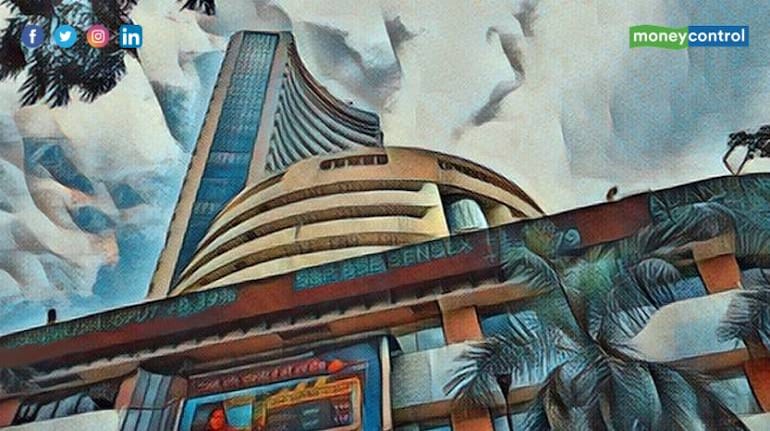



Recently Amazon founder Jeff Bezos, Meta founder Mark Zuckerberg, and members of the Walton family that controls Walmart sold shares in their respective firms. Jamie Dimon, CEO of JP Morgan, sold his shares worth $150 million in the bank. Some market observers see this as a sign that stock markets globally are beginning to look overvalued. In India, promoters have sold stocks worth Rs 1.14 lakh crore in 2023, according to data from Prime Database.
Through this explainer, we try to find answers to whether markets are right in being worried about insider selling.
Why is the selling of shares by company insiders (owners, senior management, etc) viewed as a negative development by the market?
Insiders have a clear picture of everything that is happening within and outside the company, such as the business environment, operations, financials, growth prospects etc. So when an insider sells shares, the market tends to interpret it as an indication that the stock may be fairly valued or overvalued. Why would someone sell if they know that the stock has the potential to rise further, the market will ask.
Is there merit in the argument?
Yes and no. There is no denying that a company insider has the best view of what is going on. But selling may not always be an indicator of the stock being overvalued. That is because the promoters could be selling for personal reasons. They may want to fund some other venture, buy property or settle some financial obligations. And as the stock market saying goes, nobody can catch the top or bottom, except liars. Even the smartest of promoters cannot predict the top for their stock.
 MC Explains
MC Explains
Then why does the market view insider selling as a negative signal?
That is because there have been enough instances in the past where company insiders have cashed out just before things began to go downhill.
Is insider selling always visible to the market?
No. That is because many promoters also hold shares through benami accounts, which are not shown as part of the official holdings. Promoters regularly buy and sell shares through these accounts.
How should an investor look at insider selling?
One indicator could be the company’s financial performance and how the stock has done in recent months. If the company is faring poorly and insiders are selling, then it is not a good sign. Also, too many insiders selling shares within a short time is not a good sign either. On the other hand, if the earnings are growing consistently and the stock has been performing well, long-term investors should not worry too much about insiders selling stakes.
What about insiders buying shares in their company?
Veteran investors say that insiders buying their own shares is a much stronger signal than insiders selling shares.
And why is that?
While insider selling could be for a variety of reasons, insider buying is a good enough sign that the stock may be undervalued. Proof of that is the fact that the promoters are willing to shell out money to back their view.
How should an investor look at insider buying?
The quantum of purchases should give an idea. If the promoter is willing to invest a meaningful amount it means the shares are undervalued. Sometimes, the promoter will try to mislead the market by buying a small quantity of shares, which may send out a signal that the promoter is bullish on his stock.
Discover the latest Business News, Sensex, and Nifty updates. Obtain Personal Finance insights, tax queries, and expert opinions on Moneycontrol or download the Moneycontrol App to stay updated!
Find the best of Al News in one place, specially curated for you every weekend.
Stay on top of the latest tech trends and biggest startup news.